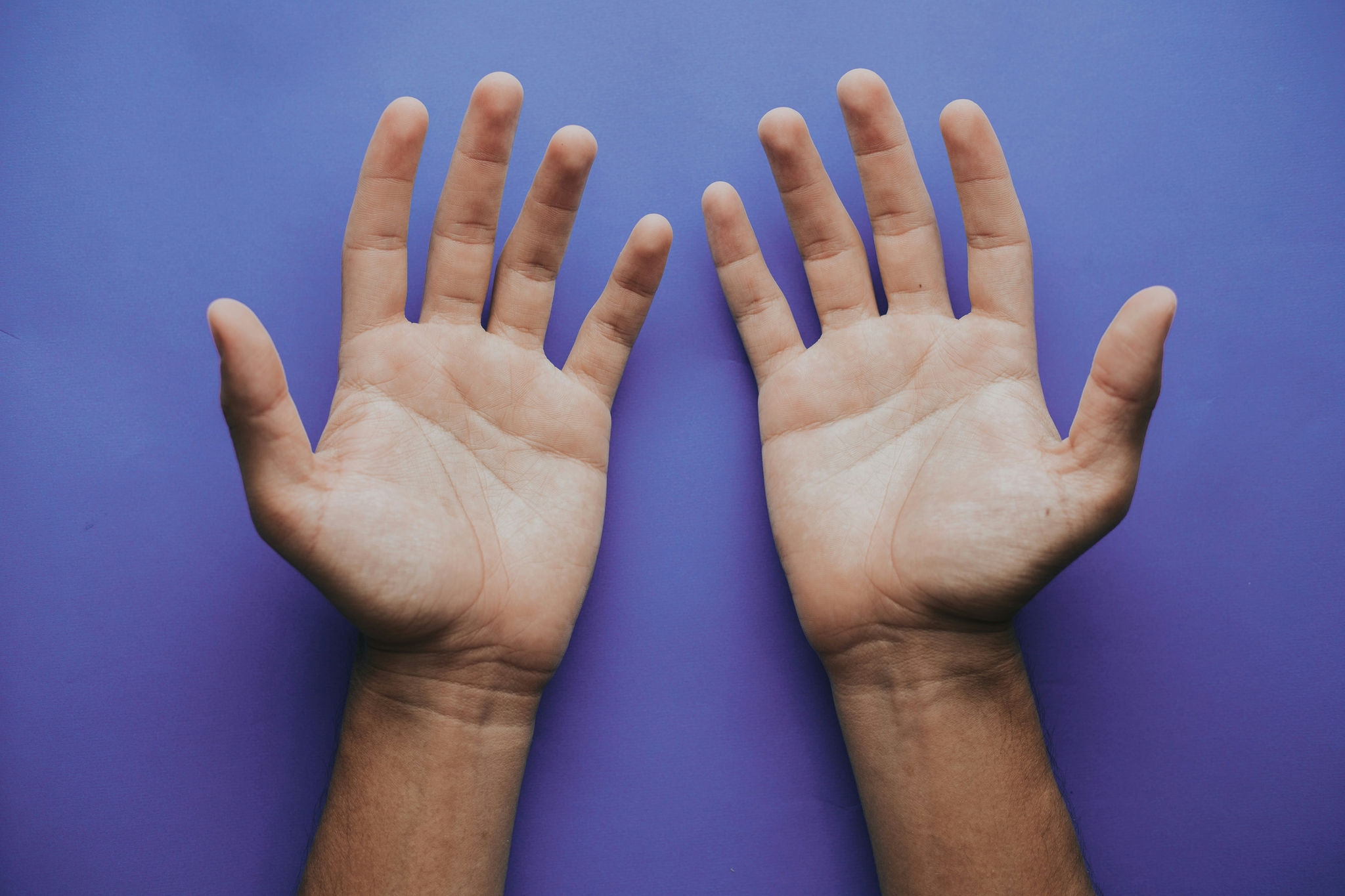Hunter researchers’ world first study into the use of adjuvant radiation therapy for Dupuytren’s disease
Newcastle, Australia – Monday 17 March 2025: Newly published research into the use of adjuvant radiation therapy for common hand condition Dupuytren’s Disease is paving the way for new treatment options that may help manage the chronic disorder and prevent the return of debilitating symptoms.
Dupuytren’s Disease is a genetic condition that is thought to affect 1 in 5 people1. Small lumps begin to develop in the palm of the hand in the early stages of the disease but as the condition develops, fingers can begin to bend inwards, making daily activities challenging.
As part of the ongoing DEPART clinical trial, doctors based in the Hunter have been studying the use of adjuvant radiation therapy on patients with their world-first findings published in the prestigious and peer-reviewed Journal of Hand Surgery: European Volume this month.
The research paper ‘Adverse Events following Adjuvant Radiation Therapy for Dupuytren’s disease in the DEPART Randomised Trial’ assesses using adjuvant radiotherapy after the application of existing mainstay treatments and was recognised with the Hueston Award for Best Dupuytren’s Paper at the Combined Australian and American Hand Surgery Society Meeting in 2024. The scientific paper finds adjuvant radiation therapy to be safe and feasible, and associated with minimal adverse effects.
Orthopaedic Surgeon Dr Tanya Burgess from Hunter Hand Surgery and one of the researchers behind the study said research into managing Dupuytren’s Disease has been historically overlooked, but this paper is a foundational step in testing whether radiation therapy might be used routinely to reduce the recurrence of this debilitating condition: “Existing therapies for Dupuytren’s Disease such as percutaneous needle aponeurotomy or PNA can help resolve symptoms but 80% of patients1 see the return of contractures within five years. Our aim is to find new ways to halt Dupuytren’s in its tracks.”
Radiation Oncologist Dr Eric Wegener from GenesisCare also an author of the study said: “Our newly published research has found that it is safe to use radiotherapy after initial and existing treatments for Dupuytren’s Disease, making further research in this area possible. Clinical studies like this are integral to building up research evidence and may lead to a paradigm shift that helps improve outcomes for those suffering from this condition.”
Eligible patients taking part in the study undertook radiotherapy over a split course, including daily outpatient radiotherapy over one week followed by a four-to-12-week break, followed by another week of daily radiotherapy. The radiotherapy sessions lasted for around 30 minutes. The most common early effect following the procedure was red skin, with dry skin commonly developing later.
Four out of the six collaborating authors of the study are based in the Hunter Region and work together to offer care to patients with Dupuytren’s Disease via the DEPART trial as well as a monthly clinic at Hunter Hand Surgery in Broadmeadow – the only multidisciplinary Dupuytren’s Disease clinic of its kind in Australia. This multidisciplinary clinic has offered over 850 patients access to a variety of specialty doctors and therapists at a single, streamlined clinic since launching in 2017 with the aim of personalising care and improving outcomes.
The DEPART clinical trial, sponsored by GenesisCare, stands for Dupuytren’s disease Evaluation of Preventative or Adjuvant Radiation Therapy and has consisted of four separate areas of study since it launched six years ago.

Key points about Dupuytren's Disease
- Patients normally notice firm nodules or cords in the palm
- Some patients will notice their fingers bending or contracting towards their palms
- It is impossible to predict how quickly the disease will progress
- Some patients only ever have nodules in the palm and never develop contracted fingers
- Patients with contracted fingers have trouble performing tasks with their hands
- Treatment options vary depending on the degree and location of the contracture
- Genesis Specialist Care Pty Ltd ACN 111 943 161; and
- Genesis Cancer Care Pty Ltd ACN 155 449 200,
The research paper ‘Adverse events after adjuvant radiation therapy for Dupuytren’s disease in the DEPART randomized trial’ is available online: https://journals.sagepub.com/eprint/VJFWU8RDNDCYPMZXV5QI/full
Declaration of conflicting interests GenesisCare is a commercial entity which includes radiotherapy treatment, and which funded the conduct of the study. All analysis, interpretations, and write up was independent of GenesisCare. JM owns stock in GenesisCare and has received support from GenesisCare for the conduct of the research. Other authors declare no potential conflicts of interest with respect to the research, authorship, and/or publication of this article.
Media contact information
Contact our media team directly for futher information:
1. Burgess, T., Wegener, E., McClelland, B., Hunter-Smith, D., Werker, P. M., Martin, J., & DEPART Clinical Trial Collaboration. (2025). Adverse events after adjuvant radiation therapy for Dupuytren’s disease in the DEPART randomized trial. Journal of Hand Surgery (European Volume), 17531934251321393. https://journals.sagepub.com/eprint/VJFWU8RDNDCYPMZXV5QI/full
Our newly published research has found that it is safe to use radiotherapy after initial and existing treatments for Dupuytren’s Disease, making further research in this area possible. Clinical studies like this are integral to building up research evidence and may lead to a paradigm shift that helps improve outcomes for those suffering from this condition.
- Dr Eric Wegener, Radiation Oncologist, GenesisCare

